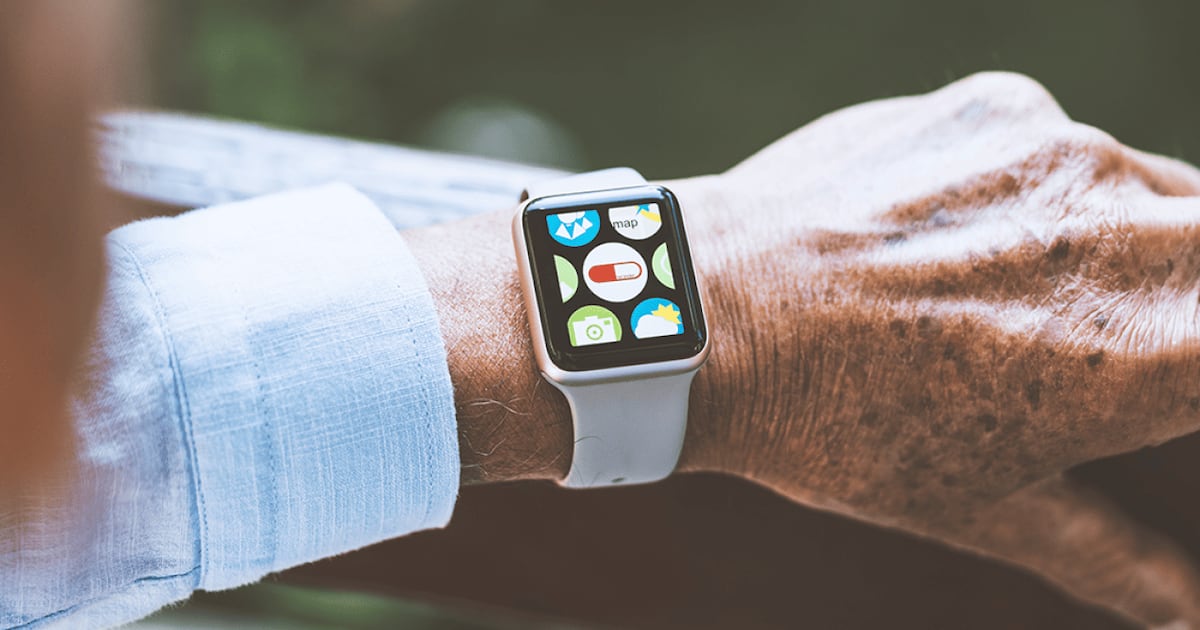Researchers at Washington State University (WSU) have developed an algorithm that uses smartwatch data to identify everyday activities with 77.7% accuracy.
The study, published in the IEEE Journal of Biomedical and Health Informatics, aims to improve the assessment and understanding of cognitive health, rehabilitation, disease management, and surgical recovery, according to a release from WSU.
“If we want to determine whether somebody needs caregiving assistance in their home or elsewhere and what level of assistance, then we need to know how well the person can perform critical activities,” said Diane Cook, WSU Regents Professor in WSU’s School of Electrical Engineering and Computer Science, who led the work.
The research involved collecting activity information over several years from 503 participants, resulting in a dataset of more than 32 million labeled data points.
Participants were asked at random times throughout the day to select from a list of 12 categories describing their current activity, such as working, eating, or running errands.
The researchers analyzed various AI methods to generalize activity recognition across the study population.
The work was funded by the National Institutes of Health and aims to lay the foundation for more advanced, behavior-aware applications in digital health and human-centered AI.
©2025 Cox Media Group

